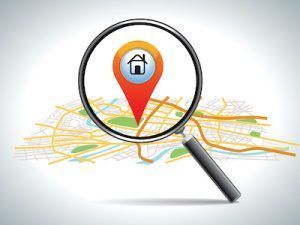Get in touch
555-555-5555
mymail@mailservice.com
What is a Reverse Mortgage and Is It Right for You?
If you’re 62 or older looking to pay off your mortgage , supplement your income or pay for healthcare expenses, you may want to consider a reverse mortgage.

What is a reverse mortgage?
A reverse mortgage allows you to convert part of the equity of your home into cash, without having to sell your home or pay or additional bills. A reverse mortgage is tricky though, because it could mean fewer assets. When you have a regular mortgage , you make monthly payments so you’re buying your home over time. With a reverse mortgage, you receive a loan, and it takes part of the equity of your home and converts it into payments for you. This money is usually tax-free, and you don’t have to pay the money back for the entirety of the time you live in your home. In the event you pass away, sell your home or decide to move out, either you, your spouse or your estate would repay the loan. In some cases, this means selling the home in order to get the money to repay the loan.
What are the different types of reverse mortgages?
Single-purpose reverse mortgages . This is the least expensive option, although they aren’t available everywhere. These loans can only be used for a specific purpose, which the lender will specify. For example, they may state that the loan can only be used to pay for home repairs or improvements. Luckily, most homeowners with low to moderate incomes can qualify.
Proprietary reverse mortgages. These are private loans backed by companies who create them. This might be a good option if your home is of higher value, because you could get a high loan advance.
Home Equity Conversion Mortgages (HECMs). These are federally-insured reverse mortgages backed by the U.S Department of Housing and Urban Development (HUD). These are the most realistic, as they can be used for any purpose.
What are some things I need to be aware of with reverse mortgage loans?
How do I go about shopping for a reverse mortgage?
There are a few questions to ask yourself when comparing reverse mortgages. As you research, ask yourself:
Whether you are a first time home buyer or purchasing a multi-million dollar home, you have found the right person . Ken Venick has over 30 years of experience in the mortgage loan business and can put you in the right mortgage loan product for their unique needs. We can help answer all your questions on reverse mortgages, and help point you in the right direction. Contact us today!
The post What is a Reverse Mortgage and Is It Right for You? appeared first on Owings Mills & Lutherville Mortgage.










© 2024 NEO Home Loans
For licensing information, go to: www.nmlsconsumeraccess.org | www.goluminate.com | Please review our Disclosures & Licensing information. | Luminate Home Loans, Inc. is a wholly-owned subsidiary of Luminate Bank. Equal Housing Lender. For further information about Luminate Home Loans, Inc., please visit our website at www.goluminate.com. Luminate Home Loans, Inc. NMLS#150953.
Corporate Headquarters: 2523 Wayzata Blvd. S. Suite 200, Minneapolis, MN 55405
Do Not Sell My Personal Information Privacy Policy | Disclosure & Licensing

